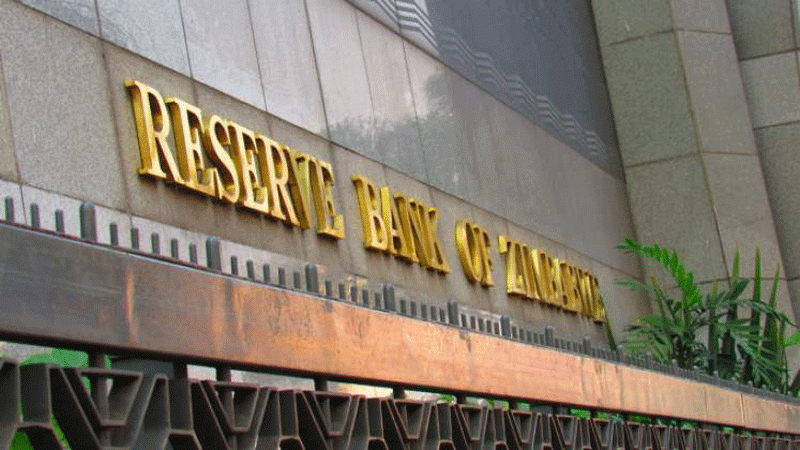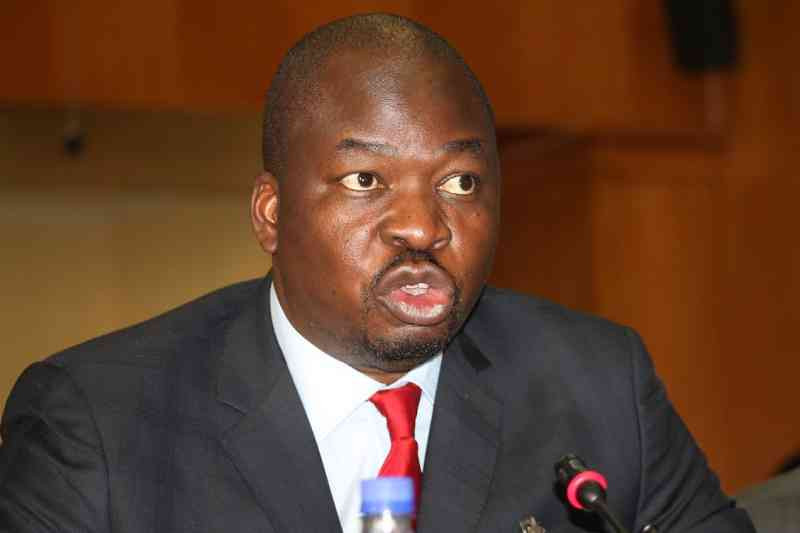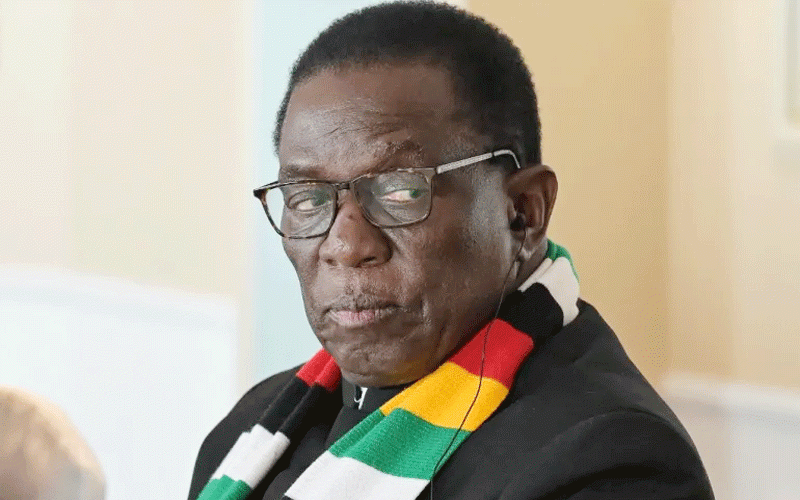
WHILE post-election attention has shifted to claims that President Emmerson Mnangagwa and the ruling Zanu PF leveraged on the power of incumbency to snatch another victory in last month’s polls, terrifying developments have been unfolding on the markets.
Confrontations on the political front, which have been felt across southern Africa, could be diverting the focus of authorities tasked with the difficult job of keeping fragilities on the Zimbabwe dollar at bay. The swing to monitoring political developments has had ramifications on the economy. The currency has plummeted for the third week running, falling to US$1: ZW$4 712,16 on the official market this week, compared to US$1:4 604,62 three weeks ago.
After seeing the currency depreciating by over 500% in the first quarter alone, and how this wiped out incomes, Zimbabweans are ill equipped to handle another wave of turmoil.
And this is what should occupy the Ministry of Finance and the Reserve Bank of Zimbabwe as the country weaves its way through tumultuous political confrontations and economic turmoil.
Jitters are also being felt on the black markets, although margins are still slim. But Zimbabweans already know what happens the moment news of potential exchange rate volatility hits markets.
When such developments occurred before, they were followed by rapid panic across markets, ending in price rages and drastic currency battering. There are signs Zimbabwe may be gripped by another wave of post-poll markets turmoil. Central bank governor John Mangudya has played down the Zimbabwe dollar’s slide, saying he is on top of the situation. It is important that he is moving swiftly to calm the jitters through his assuring signals. But he is the same person who has warned before about the dangers that perception brings to the markets.
Authorities must be careful not to gloss over current developments on the currency front. When markets tumbled mid-year, the Reserve Bank of Zimbabwe and the Ministry of Finance only moved after it was too late.Results of the mid-year exchange rate crisis cascaded into hundreds of small scale enterprises, who hold government contracts. They were caught up in the crossfire.
Payments for their services began to trickle as authorities fought to keep money supply under check, throwing many of them into bankruptcy. With power utility Zesa Holdings reactivating rolling blackouts which worsened after maintenance works began at Hwange, the outlook looks bleak. Industrial production has already been hammered.
- Corruption Watch: Get scared, 2023 is coming
- Corruption Watch: Get scared, 2023 is coming
- Letters: Ensuring Africa’s food security through availability of quality seeds
- Is military's involvement in politics compatible with democracy?
Keep Reading
It is surprising that Zimbabwe has slipped back into another power crisis, considering that word before elections was that completion of the US$1,4 billion Hwange Thermal Power Station partial facelift had significantly addressed the country’s prolonged power crisis.
Electricity is a vital factor in any economy’s ability to drive growth.
At the same time, 23 years of crises have taught Zimbabweans how exchange rate fragilities can easily destroy an economy, and how panic over rumours of the local dollar sliding can precipitate waves of damaging implications. This is why actions must be taken now.











